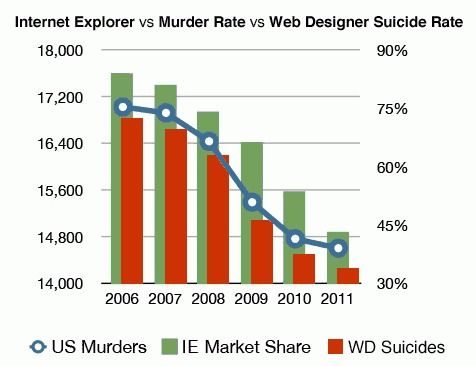D
Deleted member 11852
Guest
I don't think this really matters anymore. Microsoft would easily argue, what is the difference between an iPad an PC is both can do very similar tasks. One just happens to come with a keyboard, the other does not. And there are plenty of Android tablets for users to pick from as well. The distinction between mobile and desktop when referring to computing is pretty arbitrary.
When you have a monopoly, the argument "if you don't like it, leave" doesn't fly. Not everybody can afford to move to a new platform and ecosystem and even if you can installed an alternative OS, many will have a sunk investment in software.
Not to mention, Microsoft integrated music and video stores directly into Windows 8 and there was nary a peep from the EU. Why would gaming be any different?
Introducing a store doesn't affect choice. Nor is the store affecting existing markets. So there's no issue. I think adding Xbox compatibility to a future version of Windows would be the same as long as Microsoft continue to offer Xbox hardware. If not, that's a bit different.


